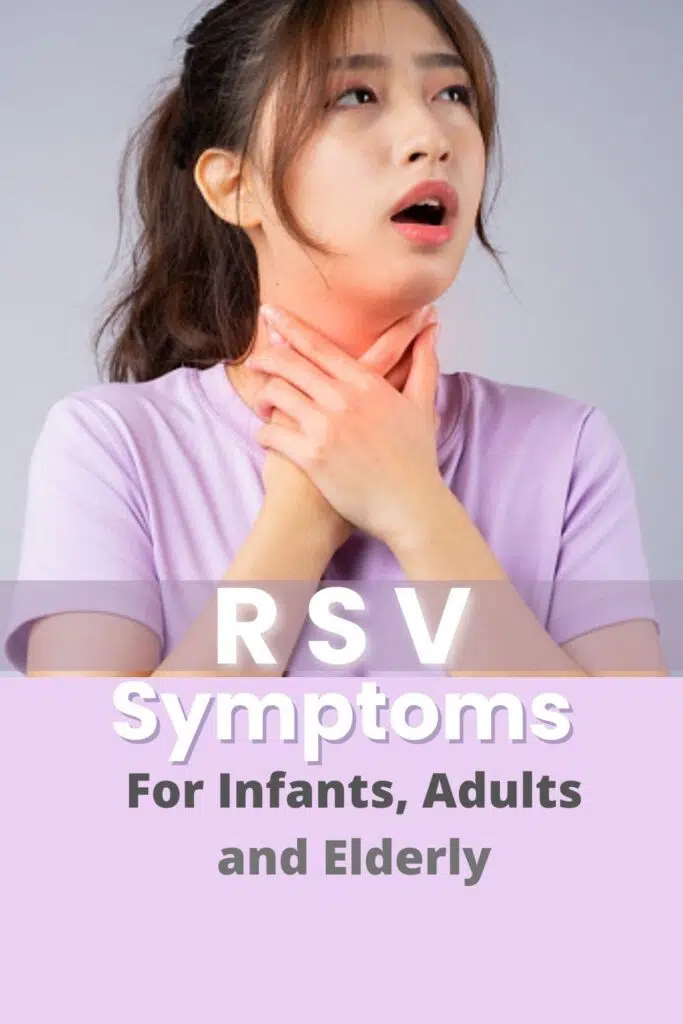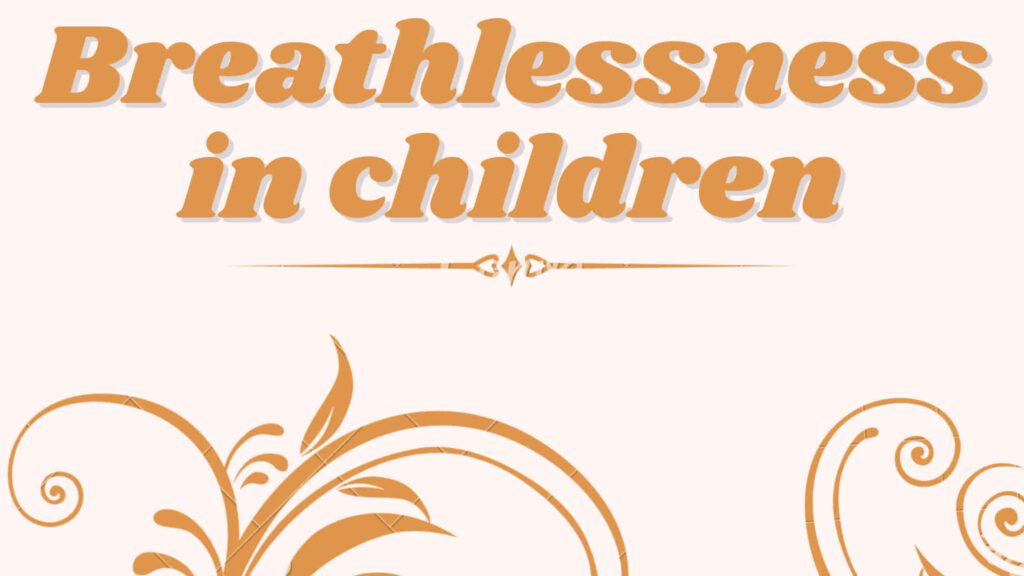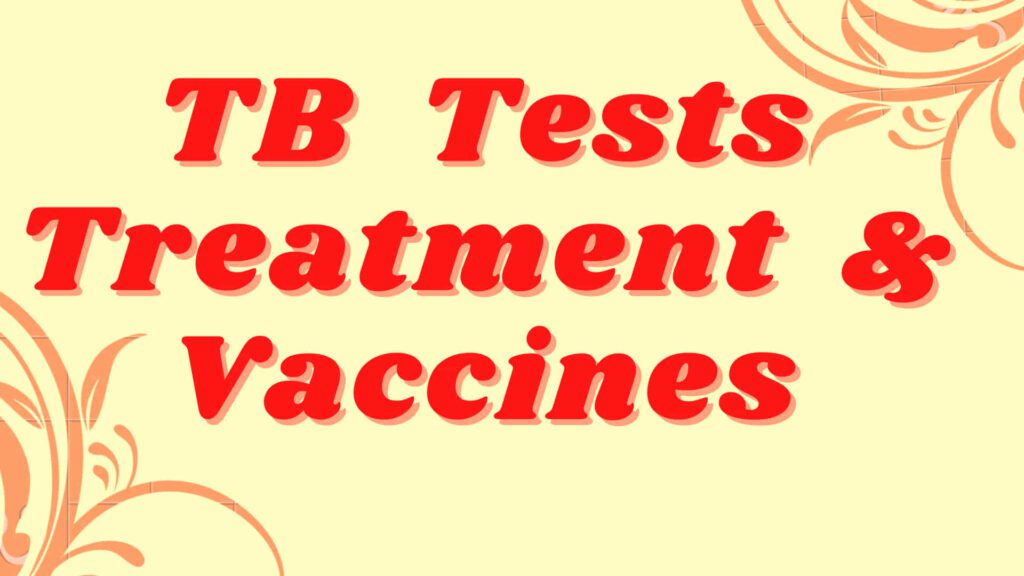Know about RSV Symptoms for Adults, Elderly, and Newborns and How to treat RSV infection.
Table of Contents
What is RSV?
RSV stands for Respiratory syncytial virus. It is a highly infectious disease that can spread from one person to another. It is a seasonal illness like the flu.
- RSV contains two proteins (glycoprotein and fusion) that cause the fusion of infected cells into large multinucleated syncitia (large cells formed by fusion of cells) which is why it is called Syncytial virus.
- It is the most common cause of lower respiratory tract infections ( infection in the lungs and its small airway passages called bronchioles) in infants.
Symptoms of Respiratory Syncytial Virus: RSV
What are the symptoms of RSV in adults?
Symptoms of RSV are similar to symptoms of the common cold in adults.RSV virus show mild or even no symptoms in adults.
- Fever
- Productive or non-productive cough
- Runny nose
- Headache
- Fatigue
- Congested nose
- Bodyache
- Sore throat
- Watery eyes
- Sneezing
If a person has chronic obstructive compulsive order (COPD like emphysema, asthma, chronic bronchitis, or bronchiectasis) already, RSV can worsen it more.
The recurrence of RSV is more common in adults.
What are the symptoms of RSV in elders?
Symptoms of RSV are mild and it looks like the common cold.
- Low-grade fever
- Congestion of nose – nasal decongestants is used to treat stuffy nose.
- Sore throat
- Mild Headache
- Sneezing
- Body pain
- Cough
- Discomfort
What are the symptoms of RSV in neonates or infants?
As you already know that RSV is the most common cause of lower respiratory tract infection in infants (less than 1 year of age)
First, the most common symptoms or signs of RSV in infants include irritability, difficulty in breathing due to chest illness, and diminished activity in the child.
Now let us talk about some of the common symptoms of RSV in infants
- On-off fever
- Runny nose
- Loss of appetite
- Cough
- Wheezing
Complications of RSV include
- Rapid, shallow, and short breathing.
- Difficulty in each breath.
- Lethargy
- Fussiness
- Decreased appetite.
- Weakened child.
- Bronchiolitis (inflammation or swelling of the bronchioles)
- Pneumonia (infection of lung parenchyma)
- Tracheobronchitis (Inflammation of windpipe and bronchioles)
Treatment of RSV
Depending upon the severity of symptoms, the respiratory syncytial virus is treated accordingly.
Mild symptoms are usually improved within 1- 2 weeks.
- Over-the-counter medications: acetaminophen (Tylenol). Avoid the use of aspirin in young children.
- Nasal saline drops are used as a decongestion. It gives you relief from nasal irritation and a stuffy nose.
- Drink plenty of water or any other fluid if there are any signs of dehydration.
For old patients, people with weak immune systems, or any other comorbidities, hospital care may be needed in these cases.
- IV fluids
- The humidified flow of oxygen
- Ventilator (breathing machine) in rare cases.
Palivizumab (Synagis) for RSV
- It is an injection of a monoclonal antibody that prevent infection of host cells and reduces viral multiplication and its transmission.
- It reduces the hospitalization in infants of high risk
Why D Dimer test is ordered for COVID Infection? Check out its mysterious reason



